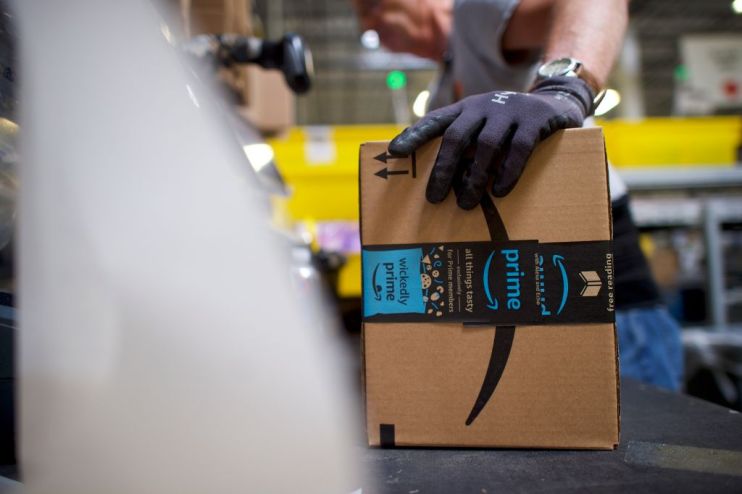Online sales tax gets canned for its ‘complexity’

Jeremy Hunt has scrapped the online sales tax, moving away from plans to better support the high street.
Following a consultation, the Chancellor decided to dump the tax, reflecting the concerns about the complexity of the move, as well as “creating unintended distortion or unfair outcomes between different business models”.
The levy was designed to help in-store retailers at the expense of online retailers, imposing an extra tax on purchases at the likes of Amazon and Asos.
The high street has been divided over the prospect of such a tax, as many retailers offer both online and brick-and-mortar services.
The boss of London’s Westfield shopping malls said the Chancellor had “missed a major opportunity” by scrapping such a levy.
“Physical retailers pay significantly more in taxes as well as being faced with rising operational costs, while online retailers continue to be let off the hook,” Scott Parsons, UK chief operating officer of Unibail-Rodamco-Westfield, said.
Online retailers could “happily coexist” alongside a “healthy high street” but only once a “broad-based, clear and easily levied online sales tax” had been introduced, Parsons said.
Shop workers’ union Usdaw slammed the current business rates system as “not fit for purpose,” placing physical retailers at a “significant disadvantage” compared to e-commerce heavyweights.
The union’s general secretary, Paddy Lillis, said it was “deeply disappointing” that ministers had shunned a chance to “fund substantial reductions in business rates with an online sales tax, which could allow high street retailers to innovate, grow, protect and create jobs.”
Hunt had outlined “sticking plasters” in his budget, which did “not offer a long-term fix to a long-term problem,” Lillis said.
On the flip side, the union leader said Labour had pledged to enact a root and branch reform of the business rates system and would commit online titans to pay their fair share of tax.
Bosses at Marks and Spencer have previously urged the government against an additional tax on “already overburdened” firms.“
“Consumers today expect to benefit from multichannel shopping and you can’t simply tax them back to the high street,” the supermarket’s chief financial officer said in a letter to the government, earlier this year.
The Centre for Policy Studies, supported by the Coalition for a Digital Economy (Coadec), had also criticised the tax, stating that it would do more harm than good to consumers, businesses and the economy.
Polling found that 83 per cent of businesses selling online are likely to pass the cost of an online sales tax on to consumers, with economic analysis showing that consumers would absorb 72 per cent of the cost of the tax.
The government said a response to the consultation on the online sales tax would be published shortly.